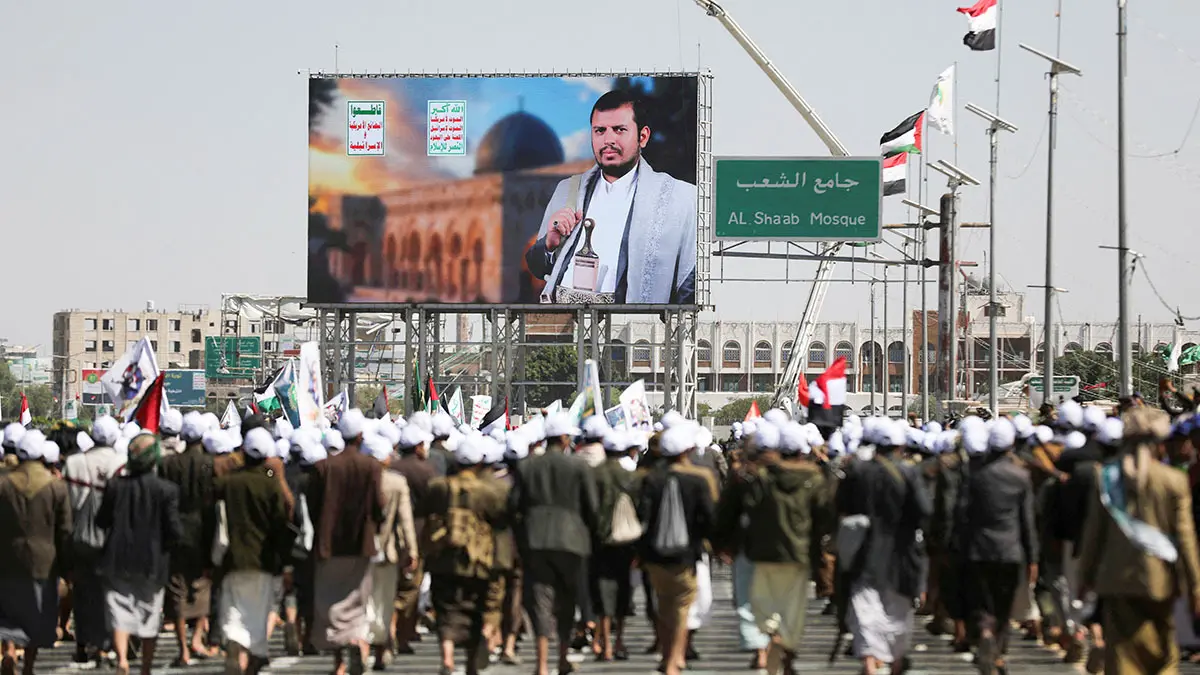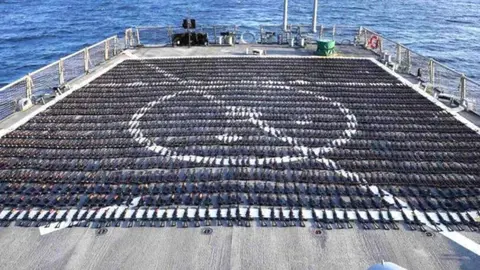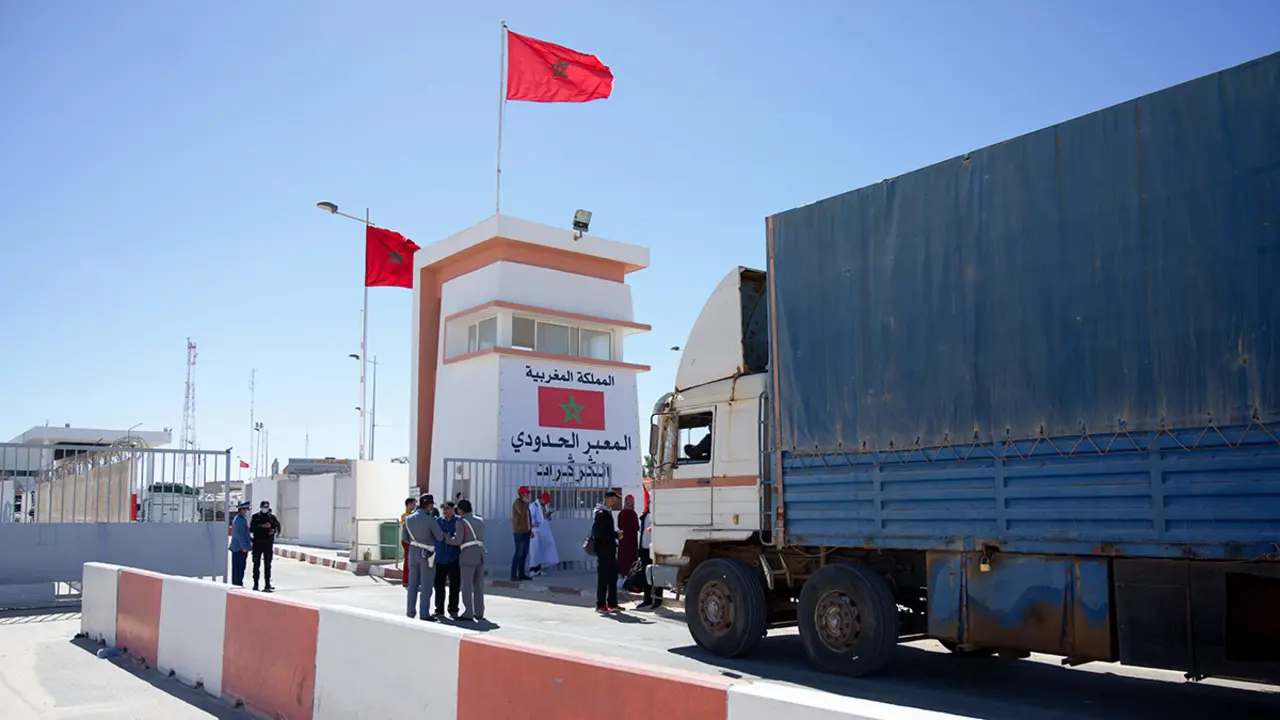The fuel crisis weakens Houthi control in Yemen

The shortage of supplies could affect the governance of Yemen's Houthis and their authority over the regions they control, but also powerful economic sectors such as transport and trade.
Since the US Treasury Department took the decision to revoke the licences that allowed oil tankers to unload in areas controlled by the terrorist organisation, the crisis and shortages have worsened to the point that queues at petrol stations and the closure of many of them is spreading throughout the country, including in the capital.

These initial consequences are having a positive impact on the Houthi economy due to the upturn in the black market and the organisation's capacity to obtain fuel illegally, but a negative impact on the Yemeni population who are seeing how the price of fuel remains unstable and increasingly inaccessible.
The Yemeni government is facing serious difficulties in guaranteeing energy supplies, affecting the local economy and everyday life, especially for the Houthi factions located in the northern and western regions of the country.

US blockades
It is now more than 40 days since the United States stepped up its attacks on Houthi positions. Since then, the US decision to impose severe sanctions against the Houthis has restricted these groups' access to their essential resource, namely oil.
However, the trigger for Yemen's energy crisis can be traced back to a decision by the US Treasury Department.
This decision, which came into force on 4th April, prohibited the import of oil, the resale and export of refined products, as well as any type of financial transaction related to the purchase and sale of hydrocarbons.

Yemen's economic crisis
The outbreak of war in the Middle East between Israel and Hamas in 2023 and the consequent joining of the conflict by the Houthi militias of Yemen, with Iranian support, have shaken the national economy.
Since 2024, the Gross Domestic Product (GDP) has been falling steadily and, as a result, the financial power of the Yemeni population has decreased by 54% in the last decade.

Likewise, following the sanctions imposed by the United States, Yemen's state revenues have been reduced by 42%, according to World Bank figures. Added to this is the depreciation of the Yemeni rial, which has risen from 1,619 to 1,917 to the dollar, causing more than 60% of the country's population to suffer from food insecurity.
In addition, the port infrastructure damaged in December 2024 by the United States and Israel has reduced the operational capacity of all ports operating in the Red Sea by 70%.










